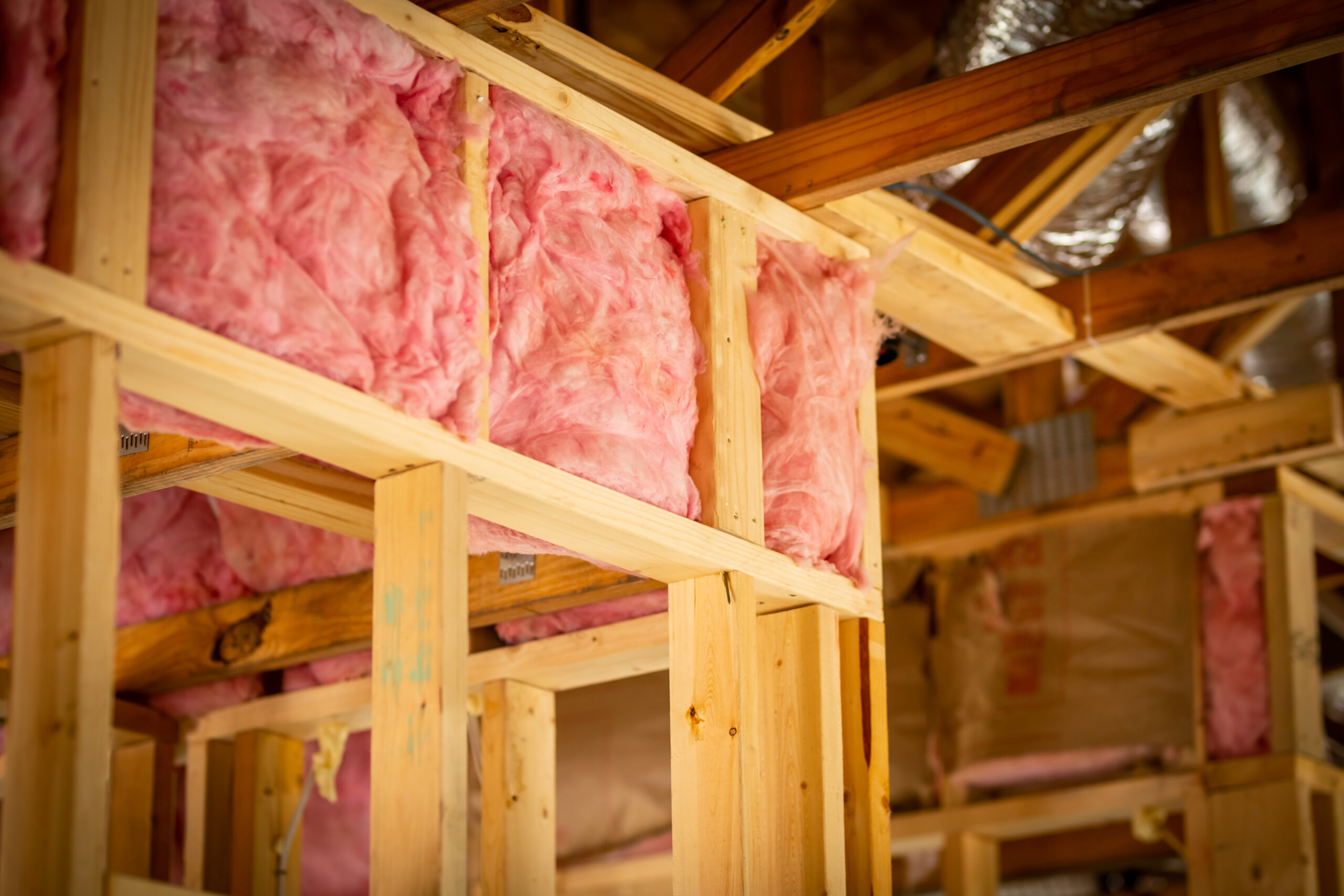Rise by Six: Your Daily Dose of Inspiration
Explore insights and stories that elevate your day.
The Insulation Game: How to Win at Home Comfort
Unlock the secrets to perfect home comfort! Discover the ultimate insulation tips that will transform your living space and save on energy bills.
Top 5 Insulation Materials: Which is Best for Your Home?
When it comes to enhancing energy efficiency in your home, choosing the right insulation material is crucial. Here are the top 5 insulation materials to consider for your project:
- Fiberglass Insulation: This is one of the most commonly used insulation materials, known for its affordability and effectiveness. It comes in batts and rolls, making it easy to install.
- Foam Board Insulation: Foam board provides a high insulating value with relatively thin layers. It is particularly beneficial for insulating basements and exterior walls.
- Cellulose Insulation: Made from recycled paper products, cellulose is eco-friendly and is treated to resist pests and fire. Its loose-fill nature allows it to fill gaps and cavities seamlessly.
- Mineral Wool Insulation: Also known as rock wool, this material is fire-resistant and offers excellent sound-dampening qualities. It’s a great option for areas where noise reduction is desired.
- Spray Foam Insulation: This versatile option expands on application to fill any gaps, providing an air-tight seal. It’s one of the best insulators but comes with a higher price tag.
Deciding which insulation material is best for your home depends on various factors, including your budget, climate, and area of application. For instance, if you are looking for a sustainable option, cellulose insulation might be your best bet, whereas spray foam is ideal for those seeking superior insulation performance and air sealing. Each material has its advantages, so consider the specific needs of your home and consult with a professional to identify the most suitable option.

How Proper Insulation Can Save You Money on Energy Bills
Proper insulation plays a critical role in maintaining a comfortable home environment while significantly reducing energy consumption. By effectively sealing off your home from external temperature fluctuations, quality insulation can keep your living space warm in the winter and cool in the summer. This means your heating and cooling systems won't have to work as hard, resulting in lower energy usage and substantial savings on energy bills. In fact, studies suggest that homeowners can save up to 20% on their heating and cooling costs by ensuring their homes are properly insulated.
Moreover, investing in proper insulation not only impacts your immediate energy costs but also contributes to the longevity of your HVAC system. When your heating and cooling units operate more efficiently due to effective insulation, they experience less wear and tear, ultimately leading to fewer repairs and a longer lifespan. To maximize these benefits, homeowners should consider upgrading their insulation materials, sealing gaps, and ensuring that attics, basements, and walls are adequately insulated. By prioritizing insulation, you can enjoy a comfortable home environment while keeping your budget intact.
The Ultimate Guide to Achieving Year-Round Home Comfort
Achieving year-round home comfort begins with understanding the essential elements that contribute to a cozy living environment. First, consider your home's insulation. Proper insulation minimizes heat loss in the winter and keeps cool air inside during the summer. Additionally, investing in energy-efficient windows and doors can drastically improve your comfort levels. According to experts, homes with high-quality insulation can save up to 30% on energy bills. Next, don’t underestimate the power of air circulation; using ceiling fans and strategically placed vents can enhance airflow, creating a more balanced temperature throughout your space.
Another critical aspect of achieving year-round home comfort is maintaining a consistent climate control system. Regular maintenance of your HVAC system is vital; dusty filters and neglected units can lead to inefficiencies and discomfort. Consider implementing a programmable thermostat to regulate temperatures automatically based on your schedule. Furthermore, humidity levels can greatly impact comfort; using dehumidifiers in the summer and humidifiers in the winter can help maintain an optimal indoor atmosphere. By focusing on these key areas, you will transform your home into a sanctuary of comfort no matter the season.